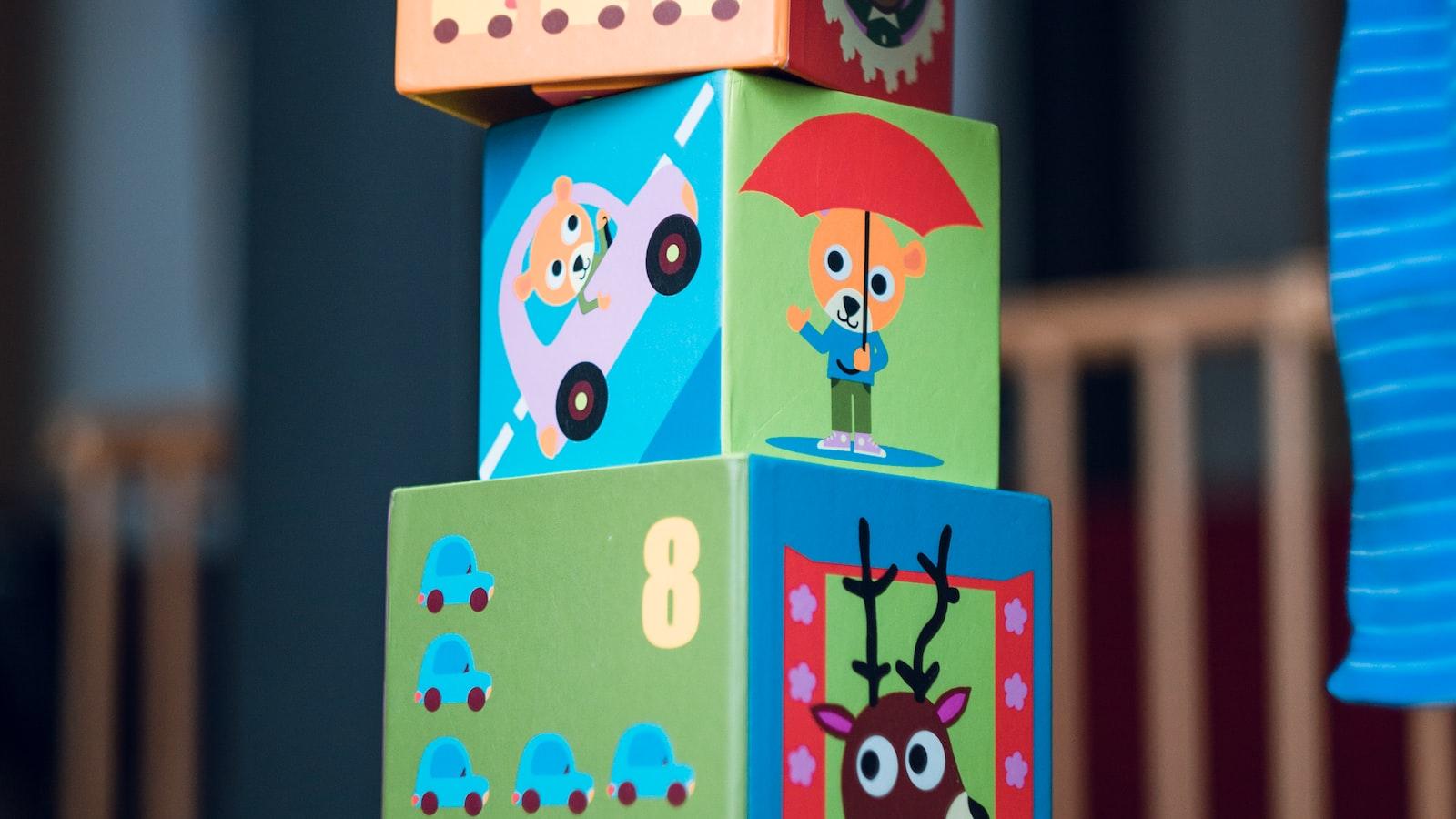Do babies get a cough when teething? This is a question that many parents ask when their baby shows signs of teething. Teething can cause a range of symptoms, including drooling, irritability, and sore gums. A cough is not usually one of them, but some babies may experience coughing during this time. In this article, we will discuss the possible causes of a baby’s cough during teething and what parents can do to help.Teething is the process in which a baby’s first set of teeth (also known as primary or baby teeth) come through the gums. It usually starts at around six months, but can start earlier or later, and can take up to three years. During this time, babies may experience soreness and discomfort as the teeth break through the gums.
Signs and Symptoms of Teething in Babies
One of the most common milestones in a baby’s life is teething. As a parent, it’s important to understand the signs and symptoms of teething so you can provide your baby with comfort during this time. Teething can start as early as three months of age and usually begins with the lower front teeth. It’s not uncommon for other teeth to appear soon after. The process of teething can be uncomfortable for babies, so it’s important to look out for these signs and symptoms:
Irritability: Your baby may become more fussy or irritable than usual during teething. This is because it can be uncomfortable for them as their teeth start pushing through their gums.
Chewing: Many babies will start to put their hands or toys in their mouths more often than usual when they’re teething. This is because chewing on something can help ease the discomfort they’re feeling.
Drooling: Excessive drooling is one of the most common signs that your baby is teething. You may notice your baby drooling more than usual, and you may also notice wet spots on their clothing from the extra saliva.
Gum rubbing: Some babies will try to soothe their gums by rubbing them with their fingers or a cool object. You may also notice your baby biting down on objects to help relieve pressure in their gums.
Soreness: Your baby may be uncomfortable when eating or drinking due to soreness in their gums from new teeth coming through. They may also rub their cheeks or ears because the pain from teething can radiate to those areas.
Low-grade fever: A low-grade fever (less than 100°F) may occur when multiple teeth are erupting at once. Fever usually resolves itself within 24 hours without any treatment.
If you suspect your baby is teething, there are several things you can do to provide them with relief. You can give them a cold washcloth or frozen fruit such as banana or mango slices to chew on, offer them an over-the-counter pain reliever such as ibuprofen or acetaminophen (always check with your doctor first), and give them extra cuddles and snuggles when needed!
Signs of Teething
Teething is a normal part of a baby’s development, but it can also be a difficult time for both baby and parents. It is important to be able to recognize the signs of teething in order to provide relief for the baby. Common signs that a baby is teething include drooling more than usual, biting or chewing on objects, irritability, and swelling or tenderness of the gums. If any of these signs are present, it may be a sign that your baby is teething.
Pain Relief
There are several ways to help relieve your baby’s discomfort during teething. One way is to give your baby something cold to chew on, such as a chilled teething ring or wet cloth. This can help soothe sore gums and reduce inflammation. You can also give your child an over-the-counter pain reliever such as ibuprofen or acetaminophen, but be sure to follow the directions carefully and consult with your doctor before giving any medication.
Other Tips
In addition to providing pain relief for your baby, there are other things you can do to make teething easier. Make sure you are brushing your baby’s gums regularly with a soft toothbrush and water to keep them clean and healthy. You can also massage their gums with your finger if they seem particularly uncomfortable. Finally, try to keep their environment calm and stress-free during this time so they can concentrate on feeling better.
Is a Cough Common When Teething?
Yes, a cough is common when teething. When babies are teething, they often experience flu-like symptoms such as a sore throat or runny nose. This can cause them to cough and sneeze more than usual. As the baby’s gums become irritated from the new tooth coming in, they may also experience an increase in mucus production, which can lead to coughing. Additionally, teething can cause babies to drool more than normal which can irritate their throat and lead to coughing.
It is important for parents to be aware of the signs of teething and not just assume their baby has a cold or other illness. If your baby is coughing or sneezing more than usual, it is likely that they are teething and not sick. If your baby is having trouble sleeping due to the discomfort of teething, you may want to consult with your doctor for advice on how to ease their discomfort.
It is also important for parents to be aware that while a cough can be common when teething, it is not always indicative of teething. It could also be the sign of an underlying medical condition or illness such as pneumonia or bronchiolitis. If your baby has been coughing for an extended period of time or seems unwell in any way, it is important to consult with your doctor right away.
In general, if your baby is showing signs of teething such as increased drooling and fussiness then it is likely that their cough is due to the discomfort associated with teething rather than an illness. However, if you have any concerns about your baby’s health or are unsure what might be causing their cough, it is always best to consult with your doctor for advice and treatment options.
Why a Baby May Cough When Teething
Coughing can sometimes be a symptom of teething in babies. This is because the process of teething can cause irritation and inflammation in the baby’s throat and mouth, leading to a cough. Babies may also salivate more than usual during teething, which can result in a tickle in their throat, leading to coughing.
Teething usually begins at around 3-4 months old, but it can vary from baby to baby. During this time, the baby’s gums become swollen and tender, making it uncomfortable for them to eat or drink. This can cause them to gag or choke easily and lead to coughing.
Teething can also cause an increase in temperature, which can lead to a dry cough as the body tries to cool down. This is known as ‘teething fever’ and is relatively harmless, but if your baby’s temperature rises above 38°C then it may be wise to speak to your doctor.
In some cases, babies may have an allergic reaction or sensitivity which could lead to coughing when teething. If you notice any other symptoms such as difficulty breathing or wheezing then you should seek medical advice immediately.
If your baby has been coughing for more than a few days due to teething then it is important that you speak to your doctor or health visitor for advice on how best to manage their symptoms. In most cases, the cough will resolve itself over time but if it does not then medical treatment may be necessary.

How to Comfort a Baby with Cough During Teething
Teething can bring about many changes in a baby’s life, including the onset of a cough. It is important to be aware of when a baby is teething in order to provide comfort and relief for them. There are several steps that can be taken to help comfort a baby with a cough due to teething.
The first step in comforting a baby with a cough due to teething is to provide plenty of fluids. This will help keep the throat moist and reduce irritation from coughing. Offer the baby water, milk or juice throughout the day and provide extra fluids if the baby seems particularly thirsty or uncomfortable with coughing.
Another way to comfort a baby with a cough due to teething is to offer cold or frozen foods such as popsicles, ice cream, yogurt or smoothies. These will help soothe an irritated throat and provide some temporary relief from coughing.
In addition, it is important to keep the air humidity levels high in the baby’s room during teething season. A humidifier can help keep the air moist and reduce irritation from coughing fits. Place it near the bed or play area so that it is close enough for your child to benefit from its effects.
Finally, give your baby extra cuddles and attention during this time as well as any other times when they are feeling uncomfortable due to coughing fits or teething in general. This will help them feel safe and secure while they go through this difficult period of development.
Treating Coughs in Babies During Teething
Coughs are a common symptom of teething in babies, and can cause a lot of discomfort. While there are no surefire remedies for teething-related coughs, there are some things parents can do to help their baby feel more comfortable.
One of the most effective treatments for teething-related coughs is to give the baby a cold, damp cloth to suck on. This helps to soothe the throat and allow your baby to swallow their saliva, which can help reduce the severity of a cough. Additionally, try giving your baby plenty of fluids, especially warm liquids such as soups or broths. These can help keep them hydrated and reduce symptoms associated with coughing.
It’s also important to make sure your baby is getting plenty of rest when they have a teething-related cough. Make sure they’re sleeping in an upright position so they don’t swallow too much mucus or saliva which could irritate their throat further. If possible, offer them something warm to drink before bedtime as this could help them fall asleep quicker.
Finally, it’s important to remember that teething-related coughs usually don’t require any medical treatment and will usually pass within a few days. If your baby’s symptoms become worse or persist for more than a few days, be sure to speak with your doctor as soon as possible for further advice on how best to treat their symptoms.
Home Remedies for Coughs in Babies During Teething
Coughing is a common symptom when babies are teething, and it can be difficult to know how to help them. Fortunately, there are a variety of home remedies that parents can use to provide relief from coughing during teething. Some of the most popular methods include using a humidifier to keep the air moist, giving the baby cool drinks such as water or milk, and using over-the-counter medications such as ibuprofen or acetaminophen. Additionally, there are natural remedies like honey and chamomile tea that have been known to help soothe babies’ sore throats. It is important for parents to experiment with different methods to find out which one works best for their baby.
Humidifiers are great at keeping the air in the room moist, which can reduce irritation in a baby’s throat and make it easier for them to breathe. Cool beverages like water or milk can also provide relief from coughing while teething; if possible, adding a little honey or lemon juice can make them even more effective. Over-the-counter medications such as ibuprofen or acetaminophen may also be used if recommended by your doctor; however, these should only be used under adult supervision. Natural remedies such as honey and chamomile tea can also be helpful; some parents find success with applying aloe vera gel directly onto their baby’s gums as well.
It is important for parents to remain vigilant and monitor their child’s symptoms while they are teething; if they show signs of persistent coughing or other discomfort, it is always best to seek medical advice from a doctor as soon as possible. In the meantime, experimenting with different home remedies may provide some relief from coughing during teething.

Conclusion
Although there is no scientific proof that teething causes a cough, some parents and healthcare providers believe that a baby may develop a cough when teething due to the release of hormones and increased saliva production. The most important thing is to be aware of your baby’s symptoms and always consult with your doctor if you suspect that your baby has a cold or other symptoms associated with teething. If it does turn out to be a cold, then you should take appropriate steps to treat it.
No matter what is causing the cough, it’s important to take steps to soothe your baby’s discomfort and provide relief from the pain of teething. It’s also important to remember that every child is different and some babies may not experience any coughing at all when teething. Therefore, pay attention to individual differences and always consult with your doctor if you have any concerns.




